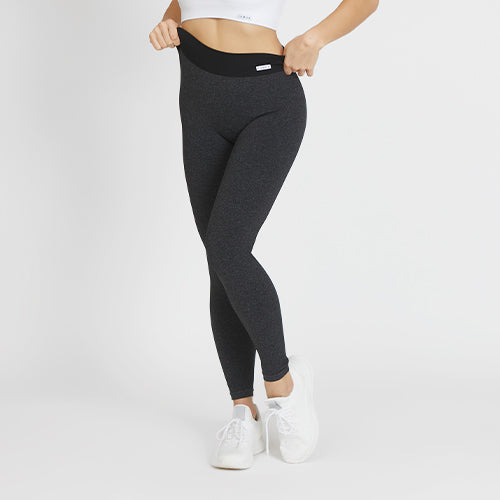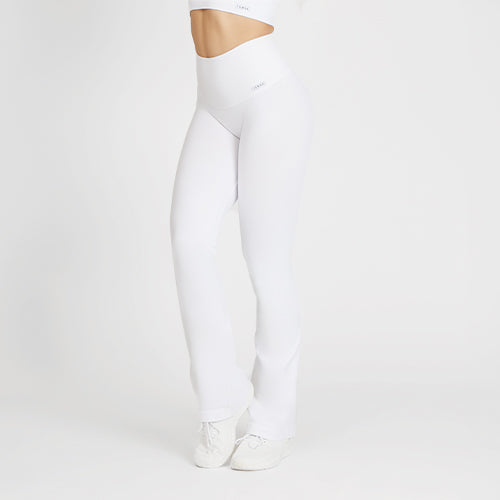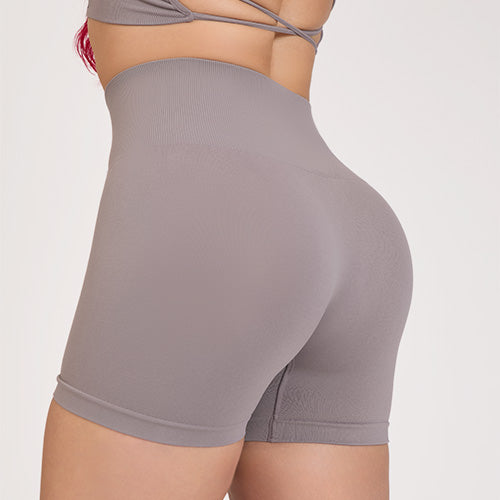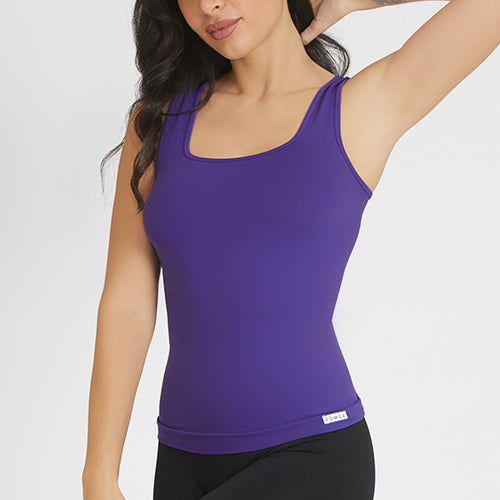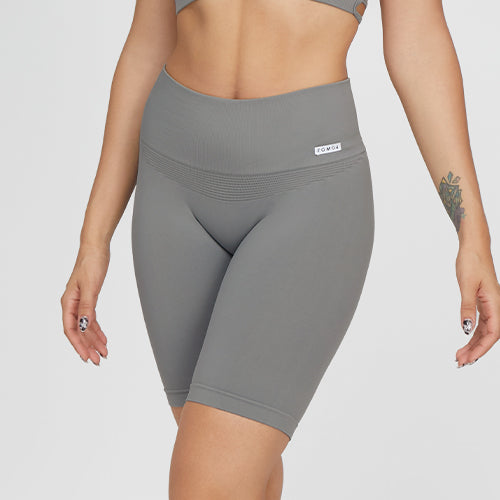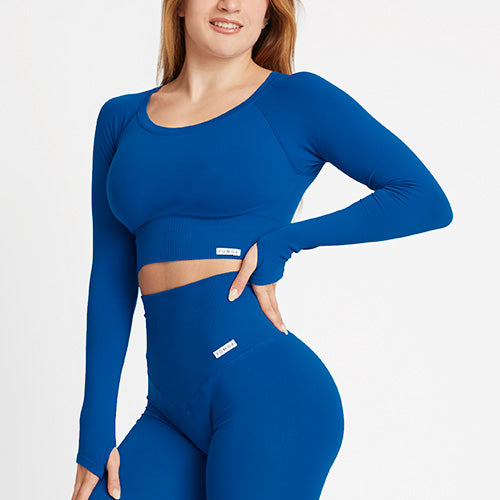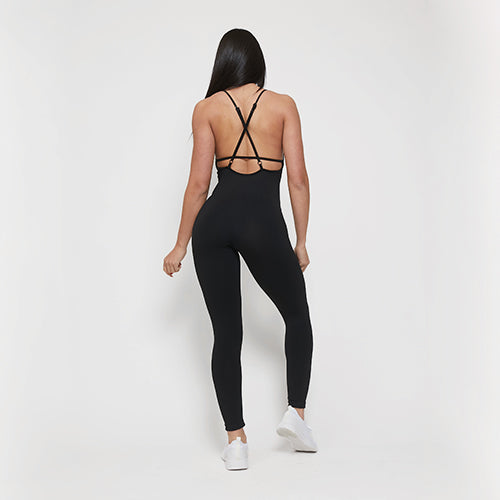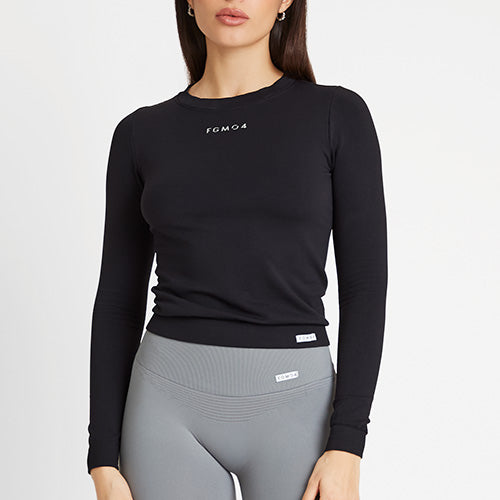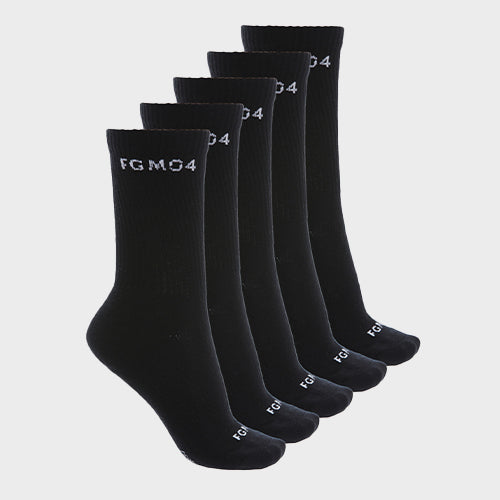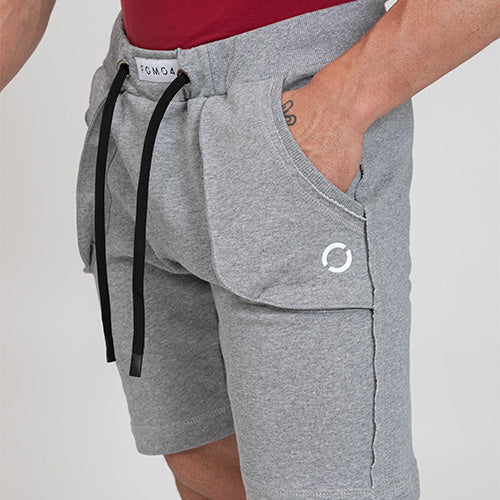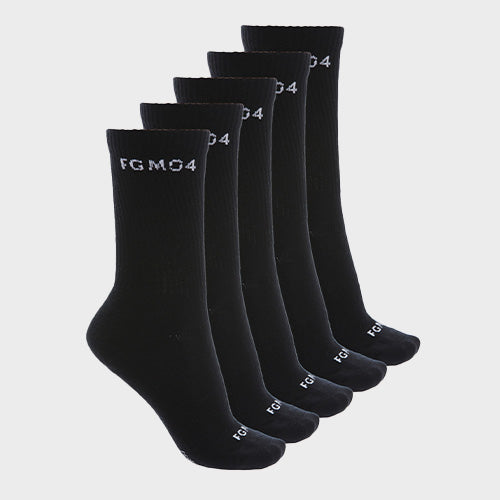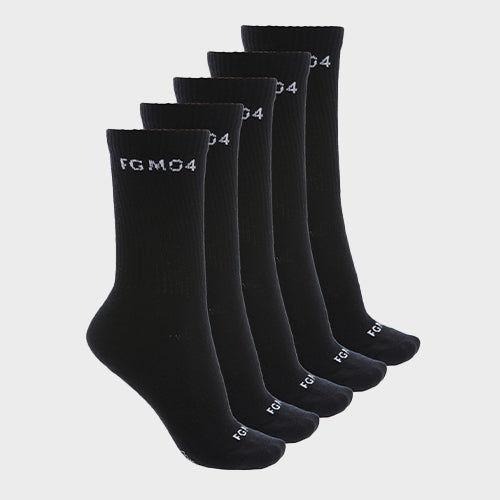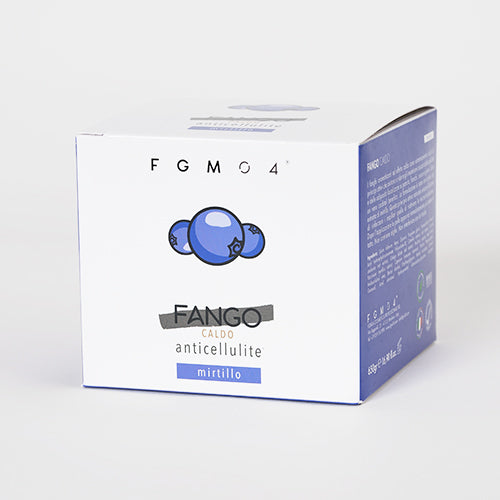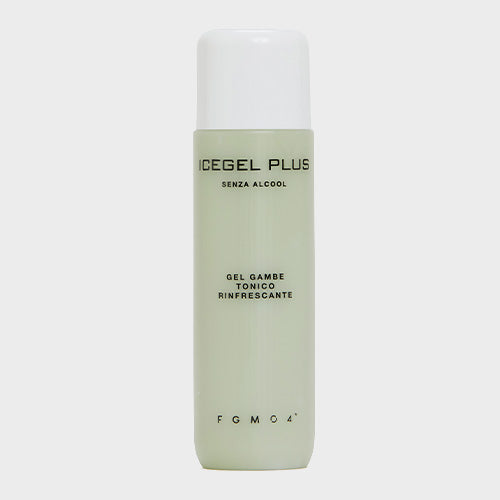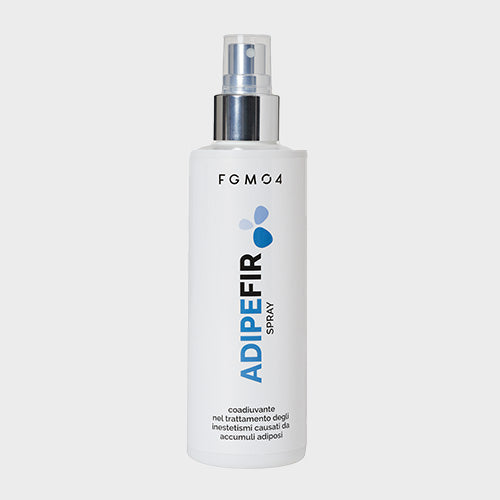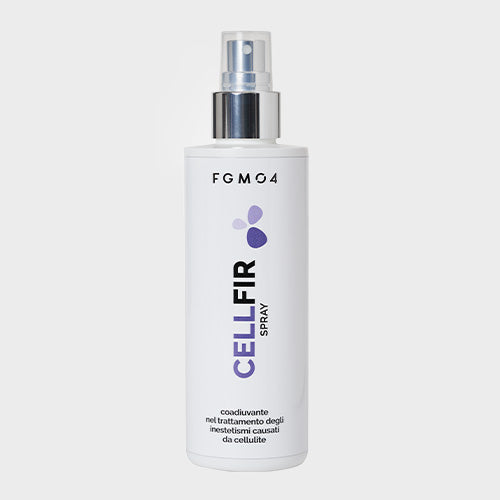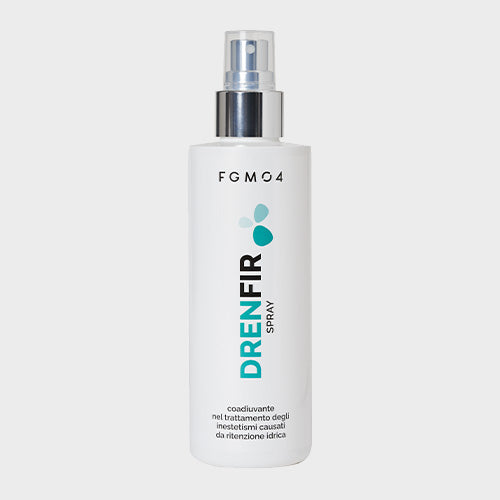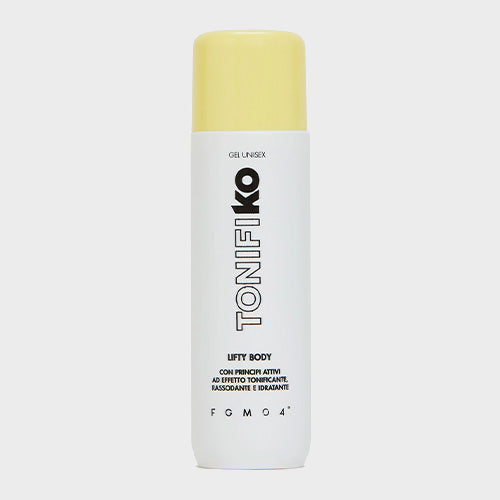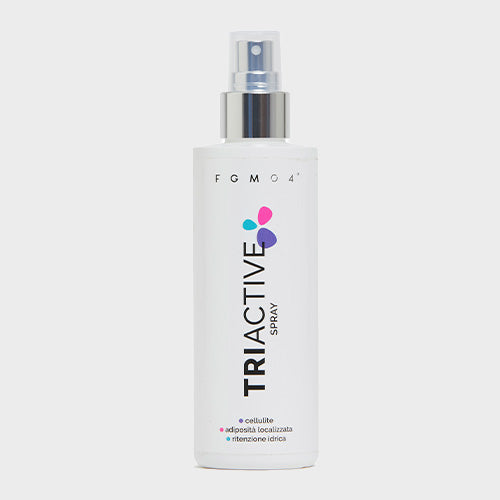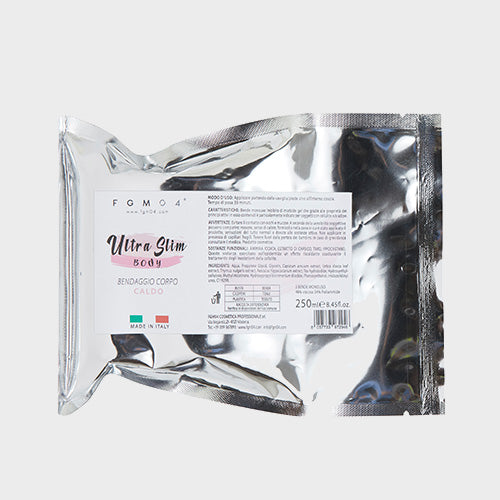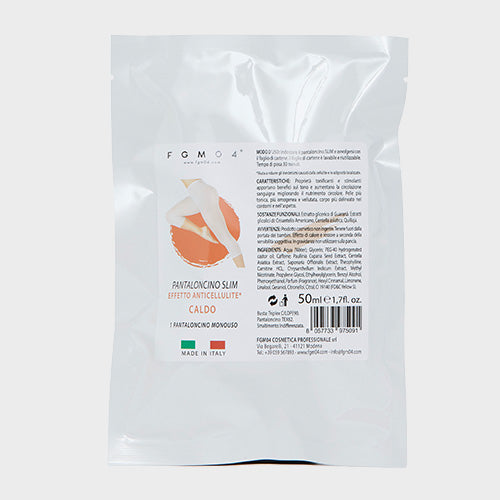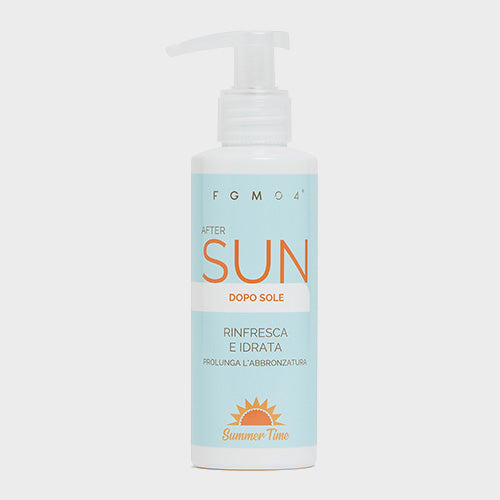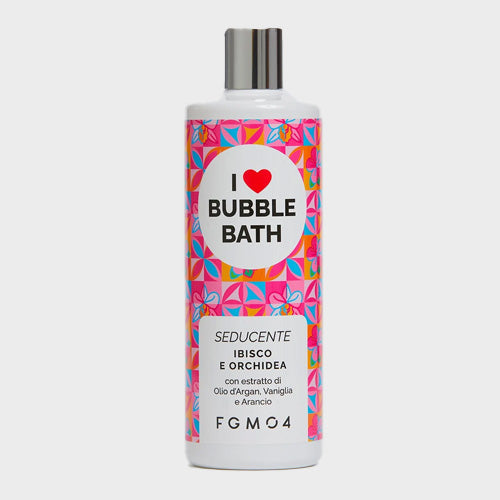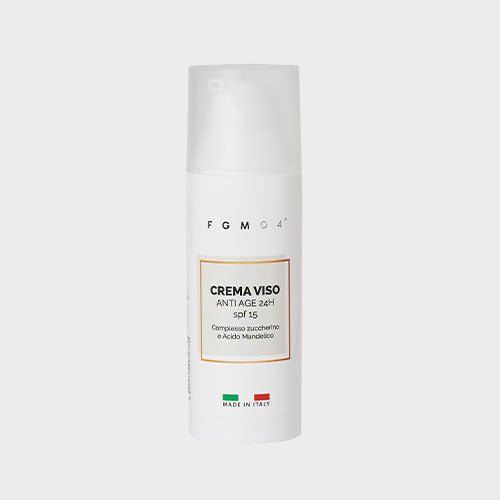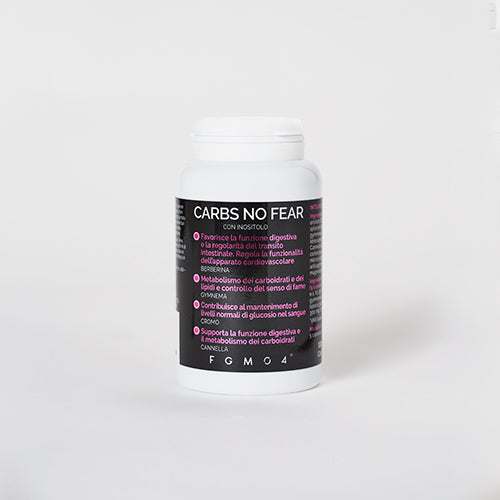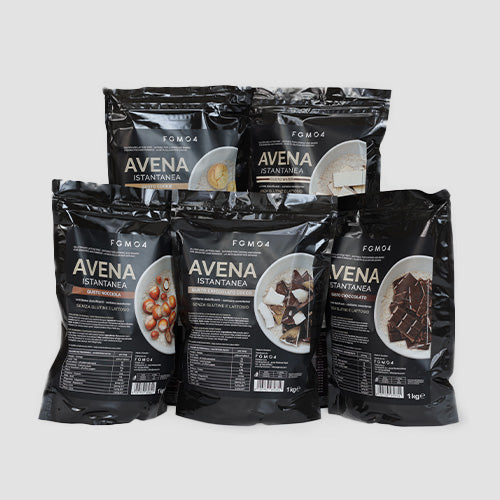Hyaluronic acid: this polysaccharide, naturally present in our body, is often praised for its anti-wrinkle properties, so much so that it is used in medical-aesthetic treatments, such as hyaluronic acid filler injections, and also in the formulation of anti-aging creams and serums. Knee bad. Doubtful girl. Let's find out together: properties and benefits of hyaluronic acid, side effects, contraindications and how to choose the best hyaluronic acid supplement.
Hyaluronic acid supplements: properties and benefits
The main properties and benefits of hyaluronic acid supplements are as follows:
- Healthier, softer and more elastic skin: About half of our body's hyaluronic acid is found in the skin, where it binds with water to help maintain hydration. The natural aging process and some factors, such as exposure to ultraviolet rays from the sun, smoke and pollution, can progressively impoverish our hyaluronic acid reserves. Doses of 120–240 mg of hyaluronic acid per day, for at least one month, have been shown to significantly increase skin hydration, reduce dry skin in adults, and prevent the appearance of wrinkles (source: https://pubmed.ncbi.nlm.nih.gov/25014997/).
- They relieve joint pain: Hyaluronic acid is also found in joints where it acts as a shock absorber and as a lubricant (it is part of the synovial fluid). When the joints are well lubricated, the bones are less likely to rub against each other, causing uncomfortable pain. Hyaluronic acid supplements are very useful for people suffering from osteoarthritis, a degenerative joint disease caused by wear and tear that accompanies the natural aging process. Taking 80-200 mg of hyaluronic acid daily for at least two months has been shown to reduce knee pain in people with osteoarthritis, aged 40 to 70 years (source: https://www.ncbi.nlm.nih.gov/pmc/articles/PMC4729158/);

- They relieve the symptoms of reflux disease: Although scientific research has yet to investigate this property, hyaluronic acid may help soothe the damaged lining of the esophagus from gastroesophageal reflux disease, speeding up healing. For example, one study found that taking a supplement containing hyaluronic acid and chondroitin sulphate (another molecule naturally present in our body), in combination with an anti-acid drug, could reduce the symptoms of reflux disease by 60% more than taking the anti-acid alone (source: https://www.ncbi.nlm.nih.gov/pmc/articles/PMC5347926/). A second study showed that the same type of supplement was five times more effective at reducing acid reflux symptoms than a placebo (source: https://pubmed.ncbi.nlm.nih.gov/24379055/).
Alternative medicine practitioners also recommend hyaluronic acid supplements to treat the following conditions:
- Chronic Fatigue Syndrome;
- Chronic pain;
- Erectile dysfunction;
- Fibromyalgia;
- Insomnia;
- Urinary tract infections.
There are numerous other uses of hyaluronic acid. This compound is found in wound healing medications and in cosmetic formulations with moisturizing, anti-aging function.
In this regard, an interesting product designed for the prevention of wrinkles, both for men and women, is SINERGY, the program face by FMG04. Among the products that compose it is the day face serum which exploits the power of hyaluronic acid in its 4 different molecular weights. High molecular weight hyaluronic acid has the property of improving the hydration of the skin surface, and low molecular weight is able to penetrate and hydrate in depth, stimulate cell renewal and reduce expression wrinkles.
Apart from the already mentioned infiltrations (fillers) for the treatment of wrinkles, hyaluronic acid infiltrations are useful against joint pain. Other important applications of this polysaccharide include hyaluronic acid eye drops to relieve dry eye and the insertion of hyaluronic acid directly into the bladder via catheter to reduce the pain caused by cystitis.
Hyaluronic Acid Supplements: Side Effects and Contraindications
To date, no significant side effects have been reported from taking hyaluronic acid supplements. Hyaluronic acid injections are known to be able to result in headache, dizziness, itching, tingling or swelling, and the same could theoretically occur with hyaluronic acid taken orally. On rare occasions, hyaluronic acid can cause allergies. Because some forms of hyaluronic acid are derived from rooster ridges, subjects allergic to chicken feathers, protein or eggs should take the supplement with caution. However, most of the hyaluronic acid forms on the market are synthesized through bacterial fermentation.
Oral hyaluronic acid should be avoided in people with a history of cancer, as it may promote cell growth and theoretically increase the risk of cancer recurrence (source: https://pubmed.ncbi.nlm.nih.gov/26410544/).
The safety of hyaluronic acid supplements in children, pregnant women or breastfeeding mothers has not been established, therefore their use is not recommended as a precaution. It is also not known whether hyaluronic acid can interact with other drugs or supplements, we consult our doctor to clarify any doubts or questions. In any case, it is always good to keep in mind that: supplements should not be considered as substitutes for a varied and balanced diet and must be used as part of a healthy lifestyle.
What is the best hyaluronic acid supplement?
Hyaluronic acid supplements can be easily found online, in pharmacies, herbalists, organic food stores or those specializing in the sale of supplements. Most hyaluronic acid supplements are sold in soft tablets, capsules or capsules, although flavored and non-flavored liquid formulations also exist. Some over-the-counter arthritis remedies may contain a combination of hyaluronic acid, glucosamine and chondroitin sulfate. There are no universal guidelines for appropriate oral intake of hyaluronic acid. Generally manufacturers recommend a daily dose of around 200-240 mg.

To choose the best hyaluronic acid supplement, we should rely on serious and certified companies, which clearly report on the label the quantity of the active ingredient that interests us (hyaluronic acid in this case), the batch it belongs to, the expiration date, the doses and methods of use, etc. We always check the list of ingredients to check for substances to which we may be sensitive or allergic, such as gluten or other allergens. If we do not recognize an ingredient on the label, we ask the pharmacist or doctor before purchasing the product. If we are allergic to poultry or eggs or if we simply want a vegan hyaluronic acid supplement, we choose brands marked "vegan" or "vegan-friendly."
Image Credits:
Knee bad. Image of jcomp on Freepik
Doubtful girl. Image of nakaridore on Freepik
















